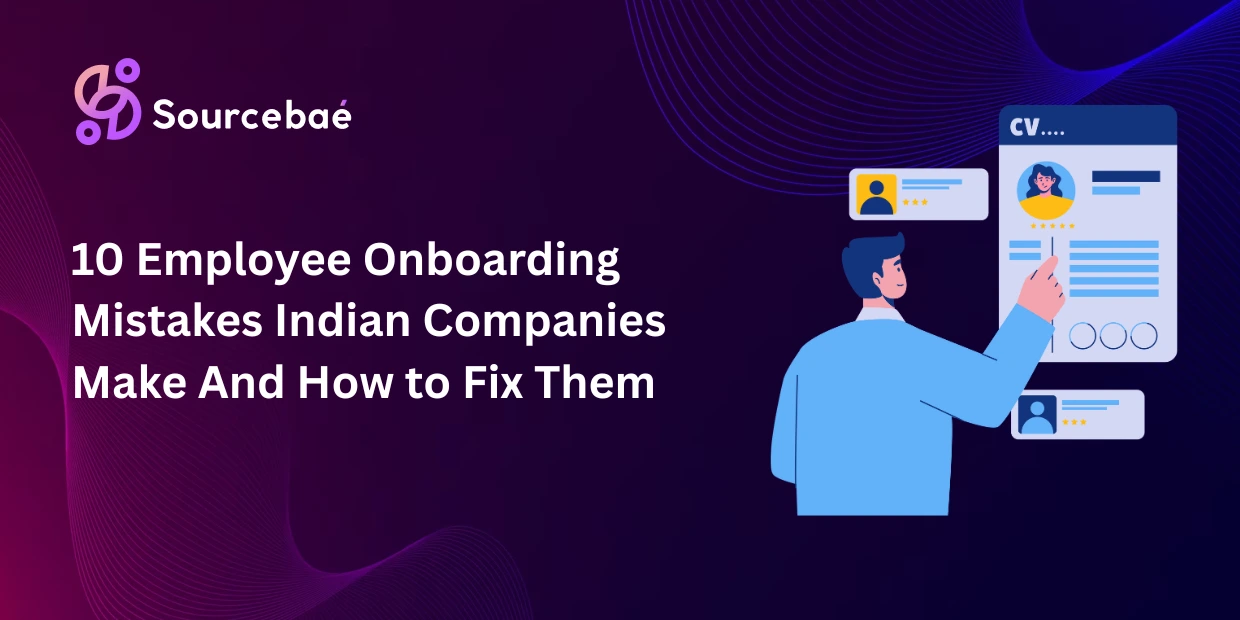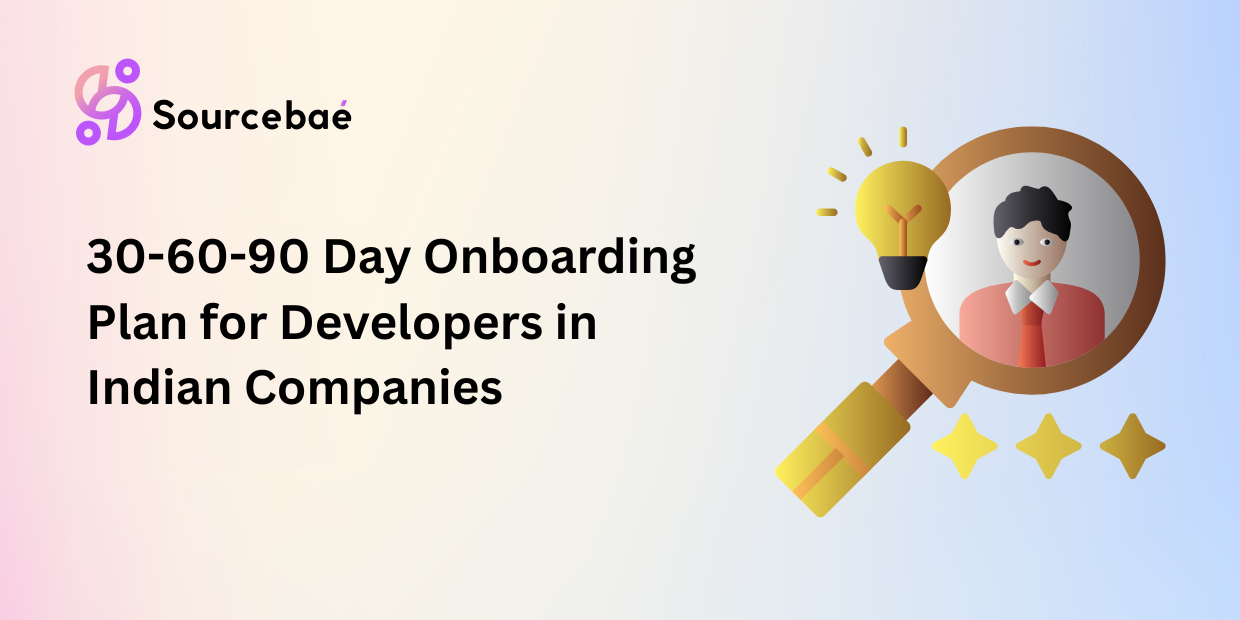The modern recruitment landscape presents two distinct pathways that demand unique hiring strategies: Global Capability Centers, GCC vs Startup. Each represents a fundamentally different approach to talent acquisition, organizational structure, and employee expectations. Understanding these differences is crucial for both employers seeking the right talent and professionals choosing their career paths.
Understanding the Two Models
Global Capability Centers operate as strategic offshore units established by multinational corporations to leverage global talent pools while maintaining cost efficiency. These centers have evolved from basic support functions to innovation hubs handling complex operations in AI, data science, cybersecurity, and digital transformation.
Startups represent early-stage companies focused on rapid growth and innovation, typically with 5-50 employees working to launch and scale their products or services. They prioritize agility, disruption, and breaking traditional business models.
Hiring Speed and Process Complexity
GCC Hiring Timelines
GCCs typically follow structured, multi-stage recruitment processes that can extend from several weeks to months. The hiring process involves:
- Comprehensive workforce planning aligned with global operations
- Multiple interview rounds including technical assessments, cultural fit evaluations, and leadership approvals
- Extensive background checks and compliance requirements
- Structured onboarding programs that can span 2-3 months
Startup Hiring Velocity
Startups prioritize speed and agility in their hiring decisions. The process characteristics include:
- Rapid decision-making with hiring timelines of 1-2 weeks
- Founder-led interviews or small hiring teams
- Flexible role definitions that adapt to immediate business needs
- Streamlined processes focusing on essential skills and cultural alignment
Budget Constraints and Compensation Models
GCC Financial Resources
GCCs benefit from established corporate backing, enabling them to offer:
| Compensation Element | GCC Advantage |
|---|---|
| Base Salaries | ₹8-12 lakh per annum for freshers, up to ₹15 lakh for specialists |
| Benefits Packages | Comprehensive health insurance, retirement plans, and global mobility options |
| Training Investment | Structured upskilling programs and certification courses |
| Job Security | Stable employment with established career progression paths |
Startup Resource Limitations
Startups face significant budget constraints that impact their hiring strategies:
| Challenge Area | Impact on Hiring |
|---|---|
| Limited Cash Flow | Cannot match corporate salary offers |
| Equity Compensation | Offer stock options and profit-sharing arrangements |
| Creative Benefits | Flexible work arrangements, professional development opportunities |
| Resource Scarcity | Must prioritize essential roles and multi-skilled candidates |
Skills and Experience Requirements
GCC Specialization Focus
GCCs target candidates with deep expertise in emerging technologies:
High-Demand Technical Skills:
- Artificial Intelligence and Machine Learning specialists for automation and predictive analytics
- Cloud Computing experts (AWS, Azure, Google Cloud) for infrastructure management
- Cybersecurity professionals for data protection and compliance
- Data Science and Analytics specialists for business intelligence
- DevOps and Automation engineers for operational efficiency
Startup Generalist Preference
Startups prioritize versatility and adaptability over specialization:
Essential Startup Qualities:
- Multi-functional capabilities to handle diverse responsibilities
- Problem-solving mindset for ambiguous situations
- Rapid learning ability to adapt to changing requirements
- Entrepreneurial spirit and ownership mentality
- Cultural alignment with company vision and values
Cultural Fit and Work Environment
GCC Structured Culture
GCCs maintain formal organizational structures with clear hierarchies and established processes:
- Global alignment with parent company values and standards
- Process-driven environment with defined workflows and governance
- Professional development through structured career ladders
- Work-life balance emphasis with established policies
Startup Dynamic Culture
Startups foster informal, high-energy environments that prioritize innovation:
- Flat organizational structure with direct access to leadership
- Rapid decision-making without bureaucratic layers
- High autonomy and individual ownership of outcomes
- Risk-taking culture that embraces experimentation and failure
Talent Sourcing and Recruitment Strategies
GCC Systematic Approach
GCCs employ comprehensive talent acquisition strategies:
Multi-Channel Sourcing:
- University partnerships for campus recruitment programs
- Professional recruitment firms specializing in technical roles
- Internal referral programs leveraging employee networks
- Global talent mobility from parent company locations
Startup Resourceful Tactics
Startups rely on creative, cost-effective recruitment methods:
Budget-Conscious Strategies:
- Network leveraging through founder and employee connections
- Social media recruiting and employer branding initiatives
- Freelancer-to-employee conversion programs
- Referral incentives to tap into existing team networks
Employee Retention and Career Development
GCC Structured Progression
GCCs offer predictable career advancement with comprehensive support systems:
| Development Area | GCC Offering |
|---|---|
| Career Pathing | Defined promotion timelines and role progressions |
| Skill Development | Formal training programs and certifications |
| Leadership Development | Mentorship programs and leadership tracks |
| Global Opportunities | International assignments and cross-functional exposure |
Startup Accelerated Growth
Startups provide rapid career advancement opportunities with significant responsibility:
Growth Advantages:
- Fast-track promotions based on performance and company growth
- Diverse experience across multiple business functions
- Leadership opportunities earlier in career trajectory
- Equity participation in company success and valuation growth
Decision Factors for Organizations
When to Choose GCC Hiring
Organizations should consider GCC hiring models when:
- Scaling established operations requiring consistent quality and compliance
- Accessing specialized technical expertise in emerging technologies
- Maintaining global standards across multiple geographic locations
- Investing in long-term capability building with structured development programs
When to Opt for Startup Hiring
Startup hiring approaches work best when:
- Moving at high velocity with rapidly changing requirements
- Operating with resource constraints requiring creative compensation strategies
- Building innovative solutions that demand entrepreneurial mindsets
- Prioritizing cultural alignment over extensive experience or credentials
Strategic Recommendations
For GCCs
Enhance Hiring Effectiveness:
- Partner with specialized recruitment firms familiar with technical talent markets
- Invest in employer branding to compete with startup appeal and corporate alternatives
- Develop comprehensive onboarding programs that accelerate time-to-productivity
- Create innovation-focused roles that attract entrepreneurial talent
For Startups
Maximize Limited Resources:
- Focus on essential roles that directly impact revenue generation and product development
- Leverage equity compensation to compete with larger salary offers
- Build strong employee referral programs to tap into quality talent networks
- Emphasize growth opportunities and meaningful work in employer value propositions
The fundamental differences between GCC and startup hiring reflect broader organizational philosophies about growth, structure, and talent development. GCCs excel at systematic, scalable recruitment for established operations, while startups thrive on agile, relationship-driven hiring for dynamic environments. Success in either model requires understanding these distinctions and aligning recruitment strategies with organizational goals and constraints.
Both approaches offer unique advantages: GCCs provide stability and structured growth for professionals seeking established career paths, while startups offer accelerated development and equity participation for those willing to embrace uncertainty and drive innovation. The choice between these models should align with both organizational needs and individual career aspirations, recognizing that the modern professional journey often includes experience in both environments.






